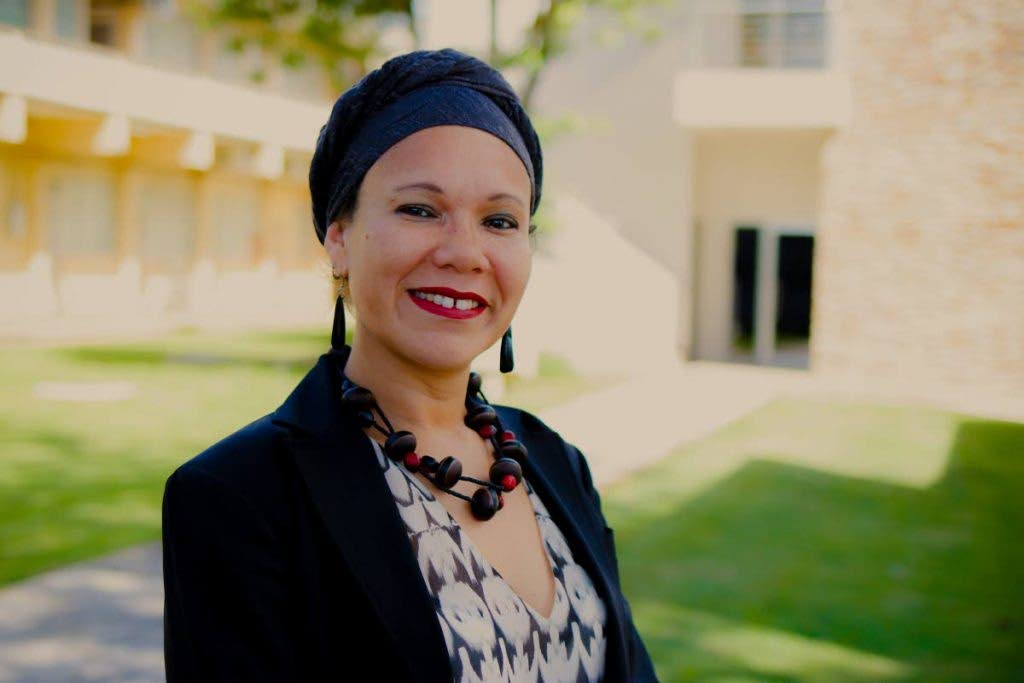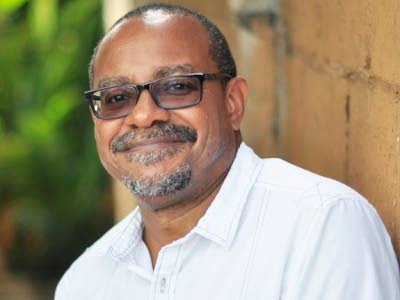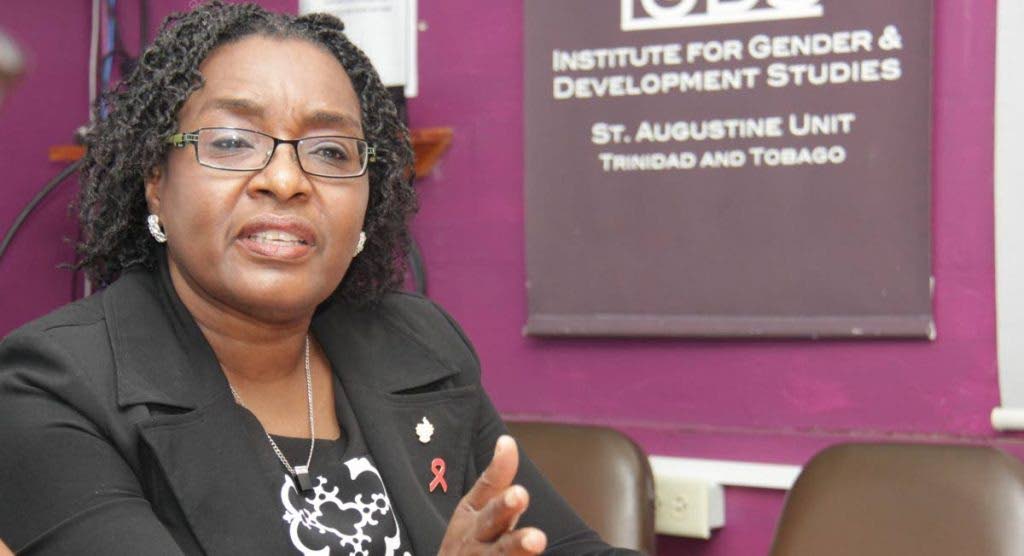LGBT+citizens overlooked in election

The political dust is settling, but many issues were raised on the campaign trail.
Most noticeable for some were comments or suggestions surrounding issues of sexuality and gender during the build-up to the August 10 general election.
For CAISO: Sex and Gender Justice, voters in this year’s election had to endure “an unbroken stream of commess from both major parties as campaigning content, instead of discussion of the serious issues facing the nation,” even going as far back to last year’s local government elections.
The NGO added, in e-mail responses to Newsday, that the People’s National Movement (PNM) and its Women’s League repeatedly raised political figures’ sexuality, in a way reminiscent of the 2015 comments made by former minister in the Ministry of the People and Social Development Vernella Alleyne-Toppin about the Prime Minister.
It said the salacious and bullying comments had no bearing on policy or governance and more than likely had "targeted politicians who are gay.”
During the campaign there was no “substantive discussion” of the leading issues that touch LGBTQIA voters’ lives and this was why the organisation joined its fellow NGOs to raise issues voters would like politicians to start talking about on the campaign trail, it said.
It listed the issues that should be addressed as youth homelessness; sex education for families; gaps in healthcare; representation of under-included groups like the LGBTQIA community in Parliament; employer incentives for hiring groups traditionally discriminated against; expanding human rights; protection against age, LGBTQIA and other forms of bias; strengthening non-profits; and making police and government better understand people’s needs.
But LGBTQIA wasn’t the only issue this year’s campaigning raised by omission.
The issue of sexism was also raised by what was seen on the campaign trail.
One of CAISO’s directors, Angelique Nixon, said there should be no space for sexism in politics. She added that women in politics were often held to a higher standard than men, yet are also not seen as qualified to be leaders.
“Women are easily dismissed on the basis of gender and gendered expectations. Sexism and homophobia often work in tandem to dismiss or discredit potential candidates and these kinds of comments can be used by both men and women – as we have seen already,” Nixon said.
CAISO's other director Elron Elahie said women are criticised and ridiculed for things that men aren’t, like their appearance, their dress, their tone – all of which have absolutely nothing to do with the content of their ideas and contributions.
Elahie added that ironically, sexism pushes men and women to adopt qualities and characteristics that are lauded but which actually form part of what is known as toxic masculinity.
“So aggression, bullying, and forcefulness, some of which are elements of traditional masculinity, are what we’ve come to almost expect from our politicians,” he said.
While women have held TT’s highest offices, with the sitting President being among them, Colin Robinson, Newsday columnist and another director of CAISO, believes far more needs to be done to advance equality.

Robinson said President Paula-Mae Weekes spoke out boldly on LGBTQIA equality, calmed TT in moral panic over the Jason Jones decision and appointed an openly gay man to the Senate. In 2018, the High Court ruled in the Jones case that the laws criminalising same-sex intimacy between consenting adults were unconstitutional.
He added that those matter but far more needs to be done to advance equality.
Elahie feels there should not be an expectation that women in politics would advance LGBTQIA rights. He said it was the responsibility and duty of every politician to ensure that every person enjoys their rights. He said while women holding high office is something that should be celebrated, it was not all that is required in striving for equality.
Robinson also said LGBTI voters deserve far more effective representation in Parliament. Although there have been LGBTQIA legislators on all benches, he pointed out, several non-LGBTQIA senators on the independent bench have displayed leadership in speaking out on gender and sexuality issues.
“Sadly, we are not alone in this regard. We continue to promote the senate independent bench as a way to seat effective voices of under-represented communities in the Parliament, including other neglected communities, by the President appointing NGO leaders. President Weekes appointed one such person temporarily in 2018," he said.
Robinson added that discrimination against LGBTQIA people is still legal and for the past five years the government bench issued sustained picong about sexual orientation, “targeting one MP, and (there was) no leadership from the presiding officer or the Prime Minister to interrupt that culture.”
Educator and social activist Prof Rhoda Reddock said broad-based gender equality education in schools, universities, religious organisations and for politicians themselves was needed.

She said the way to change this may not lie with those at the top.
“I think we have to do much more in terms of lobbying for broad understandings within the community, society. Public education. Working with political leaders, religious groupings to be more fair and just and equitable.
“Much more work on human rights and diversity needs to be carried on in the community, because the change will be from the bottom up, I think, and not from the top down.”


Comments
"LGBT+citizens overlooked in election"